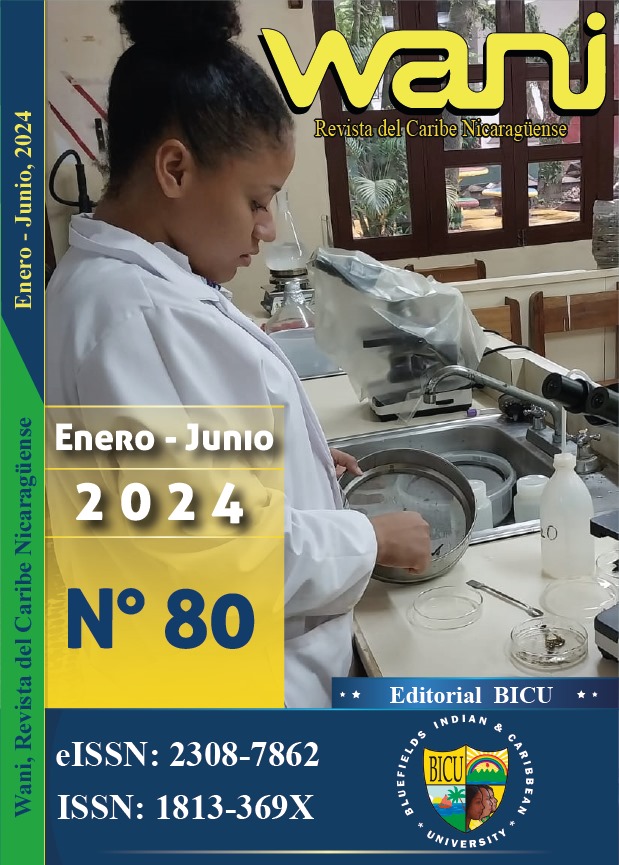Pedagogical innovation in the competency curriculum of UNAN-Managua
DOI:
https://doi.org/10.5377/wani.v40i80.18118Keywords:
Curricula, Education, educational strategies, pedagogical innovationAbstract
This research focuses on the description of the pedagogical innovation of the competency-based curriculum of the Universidad Nacional Autónoma de Nicaragua, Managua (UNAN-Managua). As part of the theoretical references, innovation in education, pedagogical accompaniment and didactic models are addressed. In relation to the methodological aspects, the research is qualitative in its approach and descriptive in its level of depth. According to its temporality, it is cross-sectional and is based on the interpretative paradigm. The sample is composed by the four majors of the Area of Knowledge, Education, Arts and Humanities (Educational Informatics, Spanish Language and Literature, Natural Sciences and Social Sciences), which initiated the piloting of the competency-based curriculum approach. The techniques applied were: interview, focus group, documentary review, non-participant observation, and survey. Regarding the analysis of the results, data triangulation, reduction method, and content analysis were carried out. Among the main findings, are that pedagogical innovation is partially developed and that there is a need for counseling or training in this regard. The results of the research allow university authorities to be clear about pedagogical innovation and to plan actions for improvement from the didactic micro-planning. This will facilitate the development of the competencies declared in the curricular documents of the four majors included in the pilot project.
Downloads
262
Downloads
Published
How to Cite
Issue
Section
License
Copyright (c) 2024 Bluefields Indian and Caribbean University

This work is licensed under a Creative Commons Attribution-NonCommercial-ShareAlike 4.0 International License.




